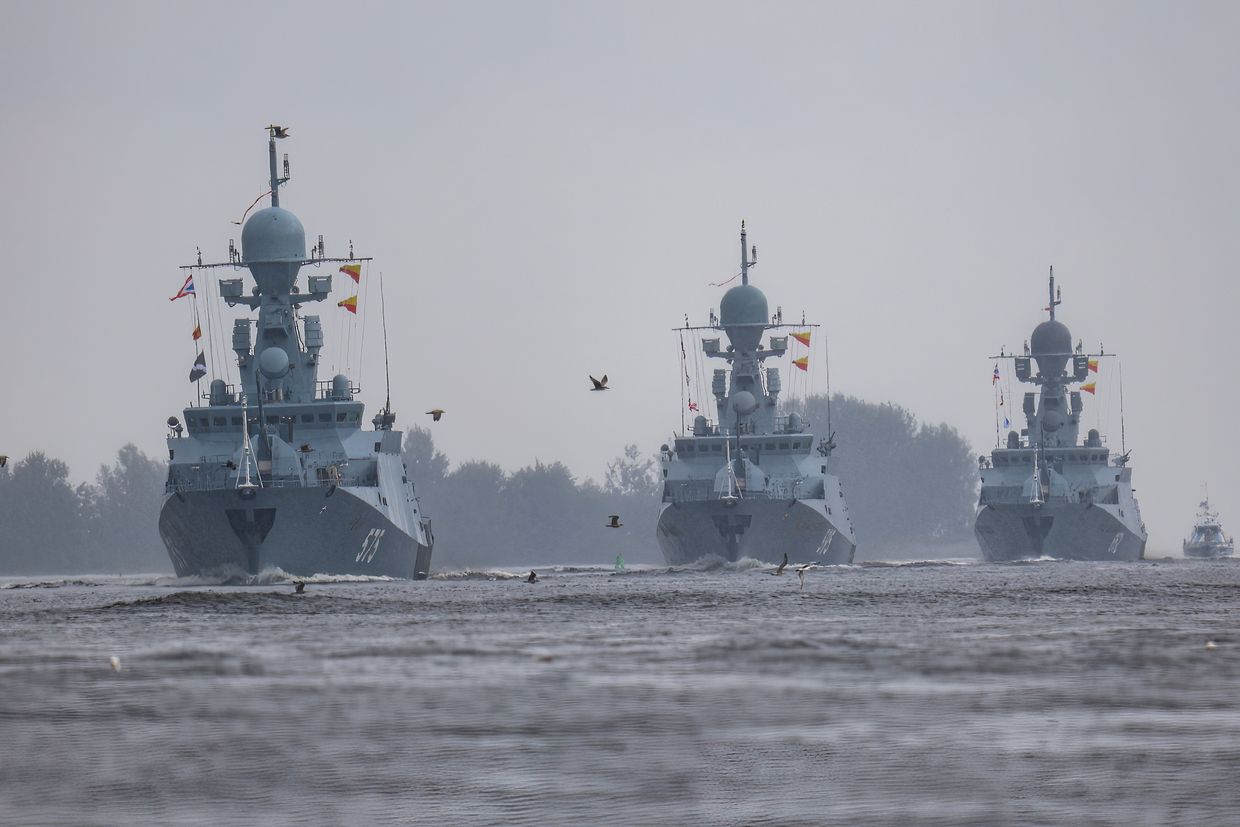NATO jets intercept six Russian aircraft flying over Baltic Sea

NATO jets intercepted six Russian aircraft flying over the Baltic Sea without transponders or a flight plan over the past two days, the Latvian Air Force reported late on Sept. 21.
Transponders are an electronic device that helps maintain safe air traffic in international airspace. Russian jets regularly enter the airspace above the Baltics with transponders switched off, likely to test the response of NATO states.
The Russian jets were identified over the Baltic Sea on Sept. 20 and Sept. 21 and escorted by NATO Eurofighter jets as part of NATO's Baltic Air Policing mission, the Latvian Air Force said.
According to the German Air Force, a group of five jets were identified on the afternoon of Sept. 21, consisting of one Sukhoi Su-35 and four Sukhoi Su-30MKIs.
In August, the German Air Force reported that Russian pilots who were detected heading toward Latvian airspace "behaved uncooperatively but not aggressively" when intercepted by NATO's Baltic Air Policing mission.
"The transponders were switched off, and the pilots did not respond to radio requests," a German Air Force spokesperson said.
Earlier in September, a Russian Shahed-type drone equipped with an explosive crashed in Latvia, the first confirmed case of a Russian drone crashing on Latvian soil.
Lieutenant General Leonids Kalnins, the commander-in-chief of the Latvian Armed Forces, said on Sept. 9 that the drone was heading towards a target in Ukraine before it entered Latvia via Belarus.
The drone eventually crashed in Gaigalava parish in Rezekne district, 85 kilometers (52 miles) northwest of the Belarusian border, Kalnins said.














